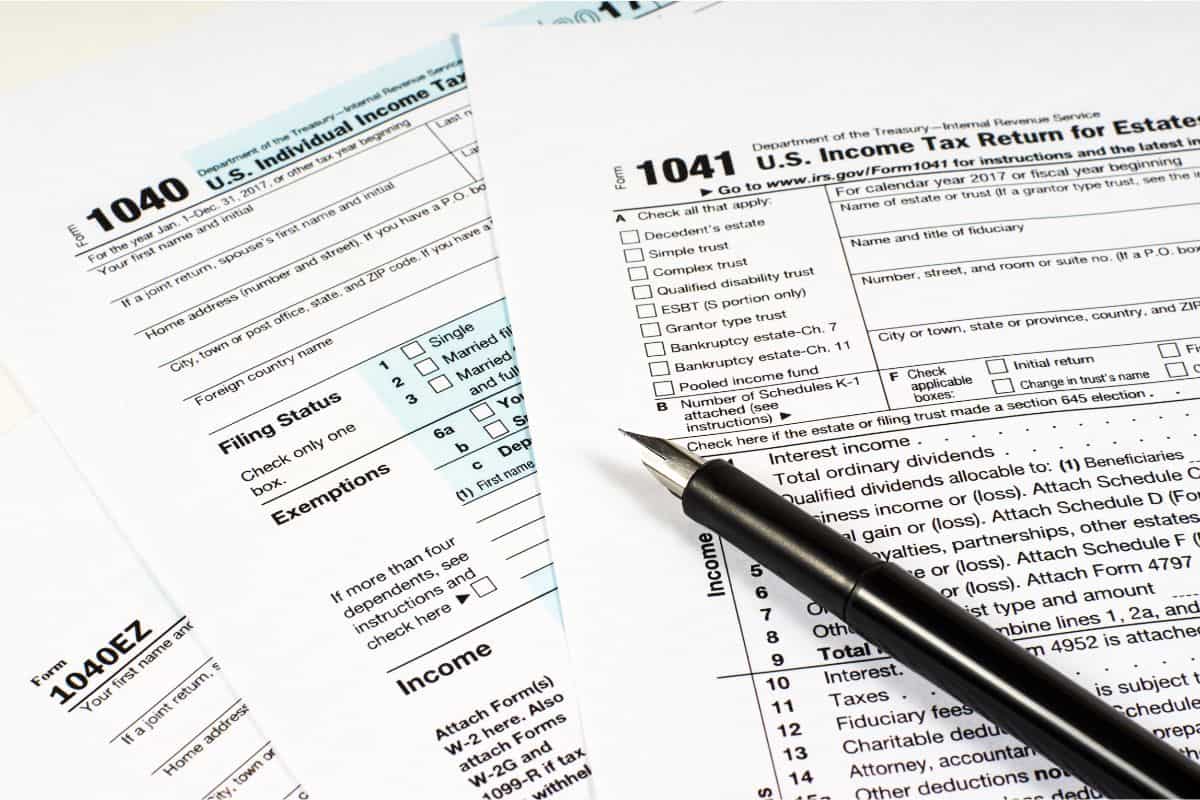OnlyFans is one of many sites that allow people to make money by posting photos and videos of themselves doing things like sunbathing, kissing, having sex, etc.

While most of those activities are perfectly legal, there’s still some controversy over whether or not it’s really “work.”
After all, it’s not like someone else is paying you to do it. However, according to the IRS, it’s considered self-employment and you’re required to pay both federal and state income taxes.
The good news is that the tax rates are pretty low. You’ll only owe 8% on the first $20,800 of earnings.
For every dollar above that amount, you’ll pay another 2%. If you’re making less than $10,400 per year, you won’t owe anything at all.
Popularity
The site began in 2012. In 2016, it added live camming to its repertoire, making the site one of the most popular destinations for adult entertainment.
As of January 2020, there are over 2 million models signed up.
In 2018, OnlyFans launched its membership program. Memberships start at $29.99 per month and include access to exclusive features such as unlimited chat, private messaging, and video calls.
To make money off of members, OnlyFans offers three different tiers of subscription packages. The lowest tier costs $19.95 a month and includes everything except for premium videos.
Premium videos cost $24.95 monthly and include full-length movies and clips.
Finally, the highest tier costs $49.99 per month and includes all of the above plus the ability to stream premium content offline.
As the popularity of the site grew, so did the number of tax liabilities. For example, OnlyFans themselves collect sales tax on items purchased within its app.
It also collects state and local sales tax where applicable. And it must collect federal excise tax on certain transactions.
On top of that, OnlyFans faces unique challenges because it operates outside of traditional employment laws.
Employees often work independently without benefits like health insurance or paid vacation days. They also don’t receive overtime compensation.
When Do You Start Paying Tax ?
Self-employment taxes are paid quarterly and are based on your net earnings during the quarter. For example, let’s say you earn $1,200 in wages and $500 in tips during one particular quarter.
Your net earnings are $1,700, so you’d pay $300 in Social Security tax and $100 in Medicare tax ($400 total).
But because you earned $1,200 in net income, you don’t have to pay self-employed taxes on those earnings since it is considered “net.”
Your net earnings are calculated by subtracting your expenses from your gross income.
So what about the tip money? Remember how we subtracted $500 from our gross income? Well, that leaves us with $900 in net earnings.
Our net earnings are now $900 – $0 $900. We didn’t take into account the $500 tip we received, so we still have $900 left over. This remaining amount is considered net earnings.
Expenses
The IRS allows businesses to deduct certain expenses related to their work, such as travel and photography, while limiting others, such as office supplies and computer equipment.
But there are some exceptions. For example, you can’t deduct any expenses related to running a social media account unless you use it to promote your business.
And if you run a personal blog that doesn’t generate income, you can’ t deduct any expenses associated with maintaining it.
You can deduct the cost of goods sold, which includes anything you spend on inventory, whether it’s physical products like cameras or software, or virtual items like marketing materials.
What Is Classed As A Business Expense?

The IRS has a few rules every purchase has to meet for you deduct it:
- It must be directly related to work (a normal or expected cost in the line of work).
- It must be needed (it helps the business function; it isn’t just for personal enjoyment).
These rules reduce the amount to people that claim ‘anything’ connected to their business . For example, If someone buys a $5,000 pair of shoes, it’s probably not deductible.
But if they buy a $5,000 piece of equipment used in their job, it might be.
Specifics
The IRS allows businesses to deduct certain expenses, like rent, utilities and office supplies.
But there are some things that aren’t deductible, even though they’re important to your business. These include:
- Tanning sessions
- Hair removal services, such as waxing and electrolysis
- Haircuts and styling
- Nail salons
- Botox treatments
- Massage therapy
You can still claim these expenses on Schedule A of Form 1040, but you’ll have to itemize them. If you don’t, you won’t be able to take full advantage of your deductions.
Exceptions
Every good rule has exceptions.
1 Paid Promotion
If you’re being paid to promote something, write it off. Even though you might feel like you’re doing your best to help out a friend or family member, you’re still getting money for promoting something.
You won’t be able to deduct anything else, so make sure you’ve got enough left over to cover the cost of your promotion.
2 Paid Modeling
If you’re being compensated for posing in an official shoot, you’ll want to deduct the costs associated with your preparation.
This includes things like makeup, hair styling, wardrobe, transportation, etc. Anything related to the actual photo shoot itself isn’t deductible, however.
So, if you’re being paid to pose for a fashion editorial shoot, you can deduct the costs associated with preparing for the shoot.
But if you’re being paid for a commercial shoot, you shouldn’t be able to deduct any of it.
3 Paid Review
If you’re being rewarded for writing a positive review, you should be allowed to deduct everything except the cost of travel.
When you’re reviewing products or services online, you’re essentially acting as a consumer yourself.
You’re paying attention to what you’re buying, and you’re trying to determine whether or not it’s worth spending money on.
As such, you should be able to deduct the cost of traveling to the store where you purchased the item, as well as the cost of shipping and handling.
However, if you’re simply receiving free samples or coupons in exchange for a review, you’ll want to subtract nothing.
Conclusion
Paying taxes is an inevitable part of life but self employment has its perks.
